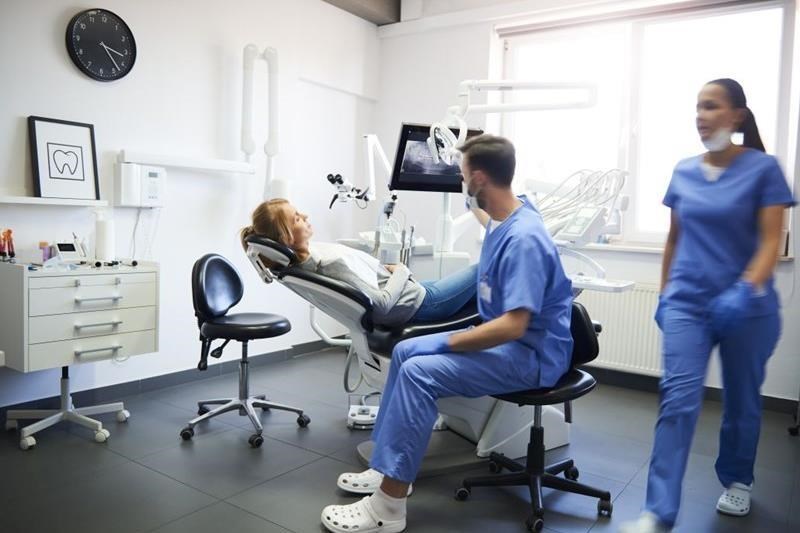NHS England increases activity target to 85 per cent
Published: 22/12/2021
The British Dental Association has condemned the government’s decision to impose “unrealistic” activity targets on NHS dentists during the Omicron wave.
From January 1, 2022, NHS practices will be obliged to meet 85 per cent of their pre-covid activity levels or face financial penalties – 90 per cent for orthodontic contracts. Nearly two-thirds of practices currently estimate they are incapable of achieving these levels.
Dentist leaders say bringing in close to pre-pandemic volumes of patients into high intensity NHS practices is entirely at odds with wider measures set out by government in response to the new variant and will put both patients and staff at unnecessary risk.
The BDA has stressed NHS England must be prepared to rapidly review, reverse and potentially reduce existing NHS target levels, if the new variant achieves anything like the levels of cut-through currently modelled. Practices are already reporting a major spike in cancellations and staff sickness.
Whilst several pandemic restrictions in dental settings were eased last month, nearly a third of dentists (33 per cent) have said they have no intention of relaxing covid precautions, with half saying the arrival of the Omicron variant has had a high impact on their willingness to change tack. Until the changes took effect, dentists had to maintain gaps of up to an hour between most treatments, to reduce the risk of viral transmission, an approach that has radically reduced patient numbers.
NHS dentists have been working to targets since January 1, 2021, which has had a devastating impact on morale and financial sustainability in the service. Over 40 per cent of NHS dentists indicate they are now likely to change career or seek early retirement in the year given the current pressures. Over half state they are likely to reduce their NHS commitment. One in 10 estimate their practices will close in the next 12 months. Nearly 1,000 dentists have already left the NHS in the last year according to official data.
Under new arrangements, NHS dentists will also be obliged to prioritise new patients and urgent cases. However, there are no changes to their contractual arrangements to ensure these patients - often with higher needs – can be provided the necessary time under the target-based model.
The BDA has accused officials of succumbing to pressure from the Treasury to maximise patient charge revenues, which collapsed during lockdown. Revenues, which form an ever-growing share of the budget for NHS dentistry, fell by nearly £600m in 2020/21 compared to the previous year. The funding gap has been filled by government contributions.
Shawn Charlwood, chair of the British Dental Association’s General Dental Practice Committee said, “These new NHS targets are the wrong choice at the wrong time.
“The country faces a tidal wave of infection. Dentists are understandably nervous about easing restrictions, and patients are already cancelling in droves.
“This policy might suit the Treasury, but it will put patients, staff, and the very sustainability of NHS dentistry at risk.”
Author: Ellen Cummings

.jpg?width=300&height=200&scale=canvas)







.jpg?width=150&height=100&scale=canvas)



